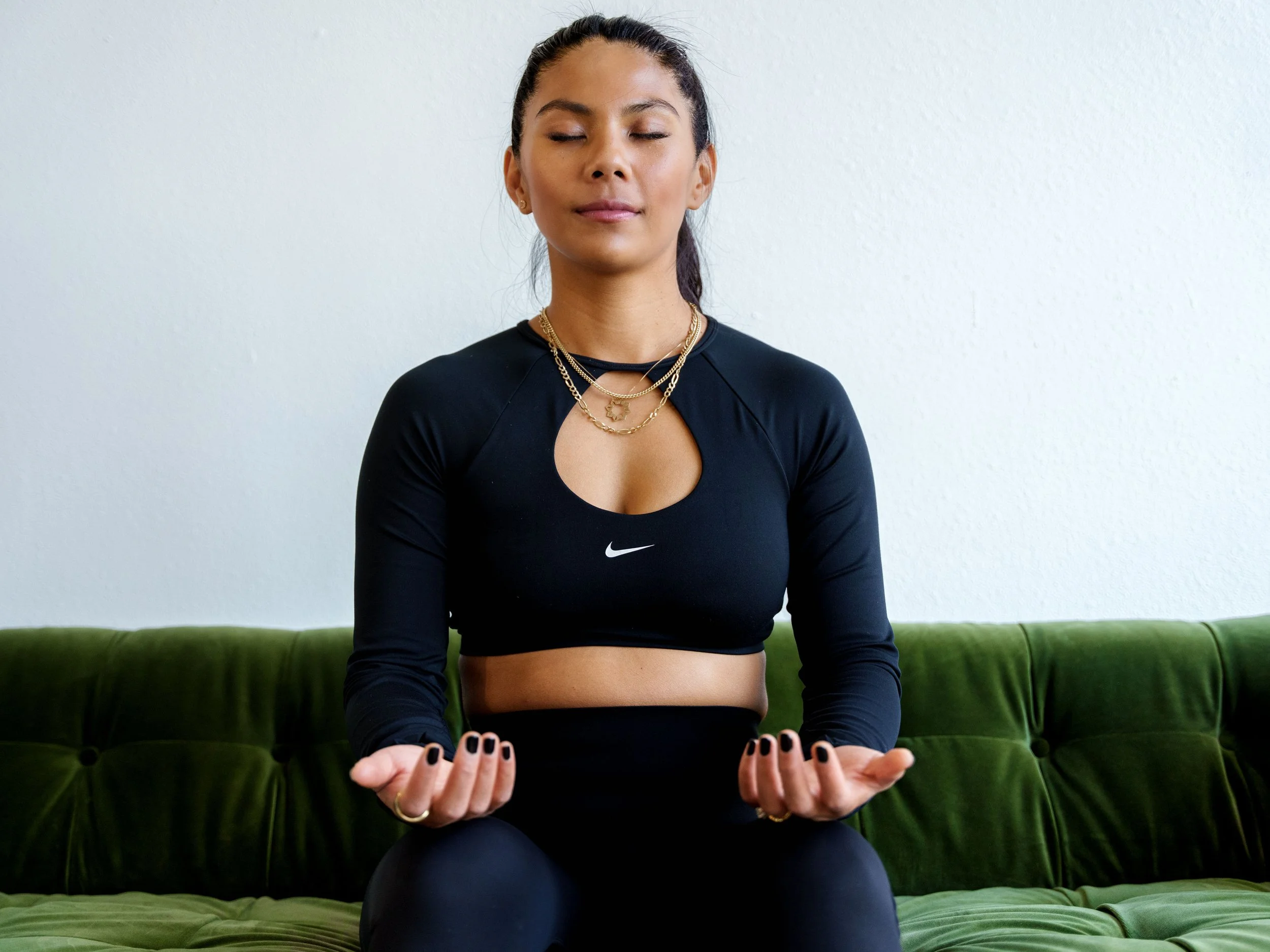The Art of Rest and Recovery – Your Secret Weapon for Fitness Success
When it comes to fitness, most of us focus on intense workouts, strict routines, and pushing ourselves to new limits. But there’s an essential piece of the puzzle we often neglect: rest and recovery.
Whether you’re training for a marathon or simply trying to stay consistent with your workouts, recovery is the foundation that helps you perform at your best.
In this week’s podcast, "How to Recover and Rest Effectively," we dove deep into why recovery is just as important—if not more—than the workouts themselves. Here’s what you need to know to recover smarter, feel better, and make lasting progress.
The Science of Recovery: What Happens When You Rest?
Recovery isn’t just about lying on the couch; it’s when the magic of fitness actually happens. During rest periods, your body repairs microscopic tears in muscle fibers caused by exercise, balances stress hormones, and restores energy stores. Skipping this critical step can lead to burnout, injuries, and even a plateau in progress.
Related article: https://bodybase.com/blog-rest-and-recovery-are-essential-for-performance/
Optimizing Your Sleep for Better Recovery
Sleep is the ultimate recovery tool, and optimizing your sleep habits can make a huge difference in how your body heals and performs. Here are a few simple adjustments to improve sleep quality:
Cool Environment
Keep your bedroom between 60-67°F to help your body stay in its natural sleep cycle.
Consistent Bedtime
Go to bed and wake up at the same time every day, even on weekends.
Hydration Management
Avoid drinking large amounts of water or caffeine close to bedtime to minimize sleep disruptions.
Embracing Active Recovery
Recovery doesn’t always mean doing nothing. Active recovery, which includes low-impact movement like walking, yoga, or stretching, is a great way to keep your body moving without overexertion. This boosts circulation, reduces stiffness, and supports muscle repair.
Try this: Dedicate one or two days a week to light activities that make you feel energized and relaxed rather than drained.
Are You Getting Enough Recovery?
It’s easy to ignore the signs of overtraining, but your body is always giving you clues. Watch out for these red flags:
Persistent fatigue
Prolonged muscle soreness
Decreased performance or motivation
Disrupted sleep patterns
If these symptoms sound familiar, it’s time to hit pause and prioritize rest.





